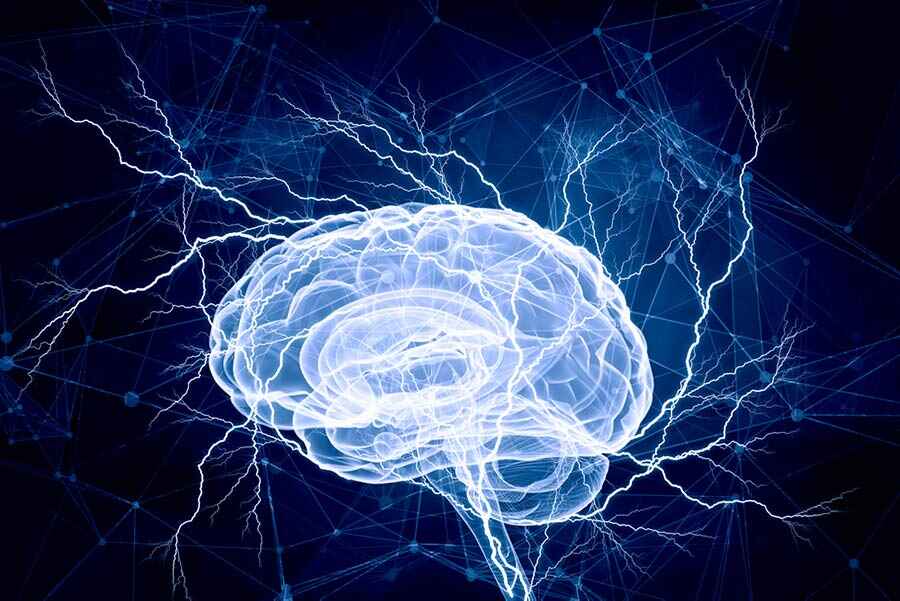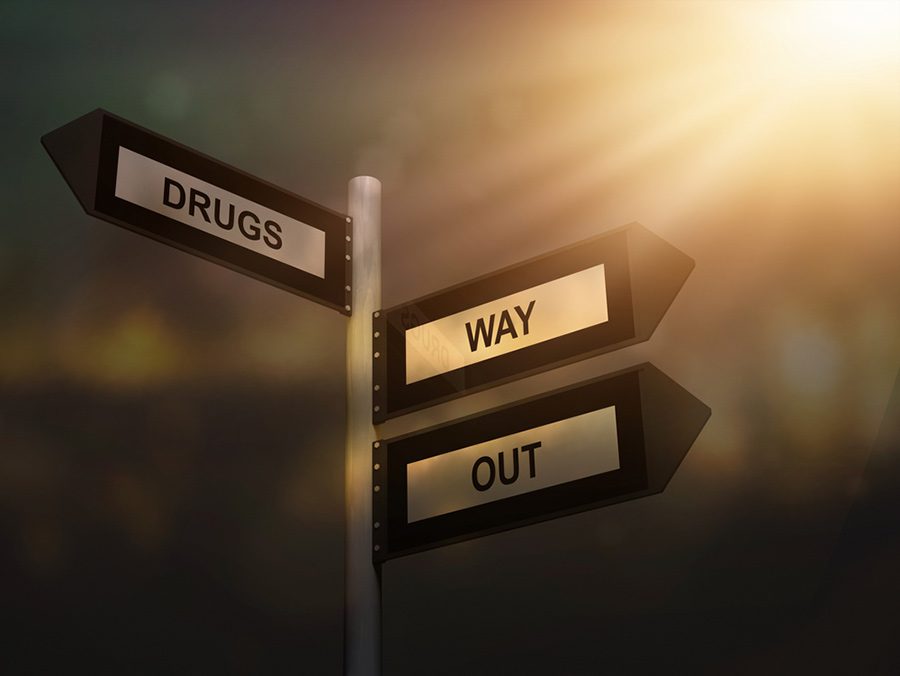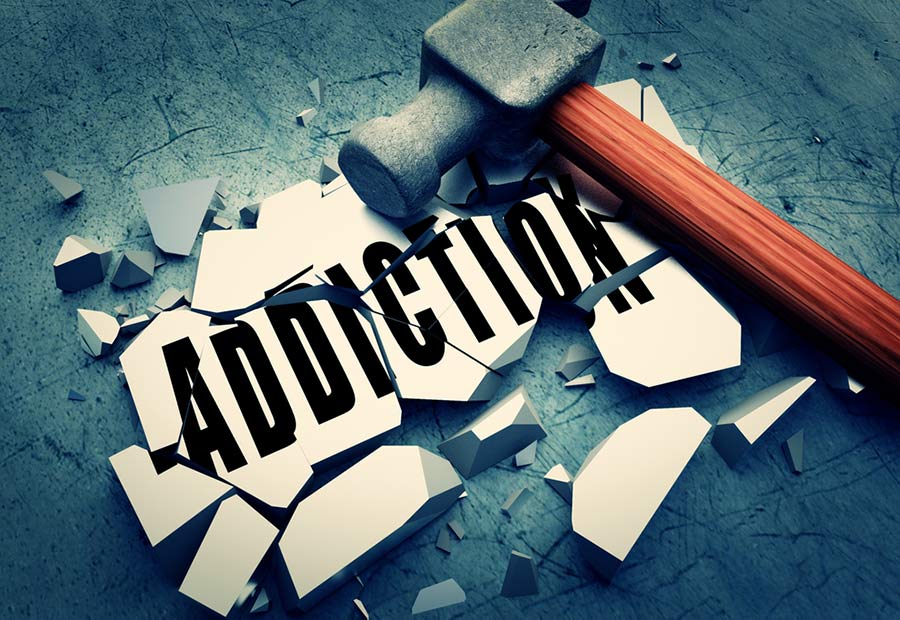
Effects of Drugs on the Brain
Dangerous Effects Of Drug Use On The Brain
As most people are aware, using drugs can be incredibly detrimental to an individual’s physical and mental health. However, they may not know very much about how the use of drugs affects what is basically the most important organ in our body, the one that is responsible for containing our thoughts, our feelings, and in fact our entire personality: our brain.
To start with, different drugs affect the human brain in different ways because different drugs will affect different brain regions and different brain chemicals, which are also known as neurotransmitters.
For instance, as explained by this resource from the National Institute On Drug Abuse, opioid drugs work by bonding to the brain’s opioid receptors, which creates pain relief by blocking the body’s pain signals and cueing the person using the drug to feel intense pleasure instead.
However, opioid drug addiction is so dangerous precisely because opioids and depressant drugs like them can also affect the brain stem, which is responsible for basic body functions like breathing and heart rate. Unfortunately, this can have dire consequences, potentially causing severe respiratory depression as in an opioid overdose.
The brain stem also controls blood pressure, which can be raised by drugs like stimulants, which have an “amping up” affect on the central nervous system as a whole in contrast to depressants’ sedative one. Over time, elevated blood pressure due to frequent substance abuse can cause irreversible damage to the cardiovascular system, particularly if those drugs interact with an underlying vulnerability or other aspects of an unhealthy lifestyle, such as a poor diet.
But even “softer” drugs like marijuana can also cause serious negative consequences for a drug user because of its effects on the brain. Smoking marijuana, for example, can cause an increase in dopamine in the prefrontal cortex while dopamine is lowered in another brain area called the striatum, potentially inhibiting normal communication between the two areas of the cerebral cortex.
In extreme cases, this can result in psychotic symptoms, and regular marijuana use is even one of the risk factors documented by the National Institute On Drug Abuse for a more permanent perception disorder like schizophrenia.
Risks of these and other drugs help explain the urgency of prompt addiction treatment for anyone who is struggling with substance abuse. High quality American addiction centers are staffed by professionals who have a sophisticated understanding of the brain, drugs’ ability to affect its functioning included. Once substance use is addressed in one of these treatment centers, a person can begin to readjust to life without drugs, paving the way for them to create a drug free future.
How A Substance Use Disorder May Develop After Long Term Drug Abuse
While the short term “high” that can result from drug or alcohol abuse certainly plays a part in drug addiction, addiction medicine also takes into account the cumulative effects on the brain of drug abuse over time, which can result in a person developing drug dependence.

Basically, just about all addictive drugs affect the brain’s reward system, which is also known as its dopamine system. When someone uses an addictive drug, dopamine is released in an area of the brain called the basal ganglia, another area of the cerebral cortex which is also part of the brain’s limbic system, which governs emotions and motivation. The brain responds to this by “learning,” that the drug is pleasurable, which results in the “high” feeling that results from illicit drug abuse.
In this scenario, the brain’s reward circuitry becomes altered as a person’s brain gradually becomes accustomed to the person taking drugs regularly. Since the brain will then come to “expect” the drug, it will begin to need the drug to function “normally.” Thus, another part of the limbic system, the extended amygdala, will send out distress signals if the person does not take the amount of drugs that they usually take, causing painful “withdrawal symptoms” and intense cravings for the drug.
At the same time, substance abuse will also desensitize the brain to natural rewards, because the artificial “high” created by in the brain by drug use is so much more intense than the ones that other activities create. Thus, this can negatively impact a person’s ability to feel pleasure from activities other than drug abuse.
Together, these factors can make it more and more difficult for a person to stay drug free, and they may begin to lose control of their drug use. To make matters worse, damage to the central nervous system and to nerve cells can have a negative impact on brain function, potentially interfering with a person’s ability to solve problems and think normally even while they are sober.
If someone starts to abuse drugs at an early age, the risk of substance use disorders is even greater, since the developing brain is significantly more “plastic” and thus more vulnerable to changes and damage. However, the brain’s plasticity and adaptability can also work in its favor.
Given a long enough period of sobriety, the central nervous system and brain will start to return to normal, and cravings for the abused drugs will begin to subside, allowing the brain to function more like it did before drug use interfered. American addiction centers can help patients to get sober by providing patients with accountability that can help them refrain from using drugs during the initial, most unpleasant, withdrawal period while their brain heals.
Seeking Addiction Treatment At Reco Intensive
While the disturbances in brain functioning involved in substance use disorder make it a difficult illness to overcome, successful addiction treatment is by no means impossible. Treatment centers help combat drug addiction by addressing any underlying mental disorders that may have been contributing to a person’s drug use with appropriate therapy.

Treatment can also teach patients coping mechanisms that they can use to deal with negative emotions instead of using drugs. If necessary, staff may also be able to prescribe medication to lessen the intensity of patients’ withdrawal symptoms and make their early days of sobriety more bearable.
Our focus on holistic wellness evident in programming like our weekly yoga sessions, adventure therapy excursions, and expressive arts therapy can also help patients to rediscover the joy that can be provided by natural neurotransmitters as opposed to drugs.
One of the top American addiction centers, Reco Intensive is a treatment provider dedicated to providing the best care possible for our patients while treating them with empathy, acceptance, and respect. We are accredited by many reputable organizations.
For instance, we are a registered treatment provider with the National Institute of Health and a member of the Substance Abuse & Mental Health Services Administration, both branches of the US Department of Health and Human Services. To learn more about how treatment at Reco Intensive can help lead you or your loved one back to a brighter future, feel free to call us anytime at 844.955.3042.